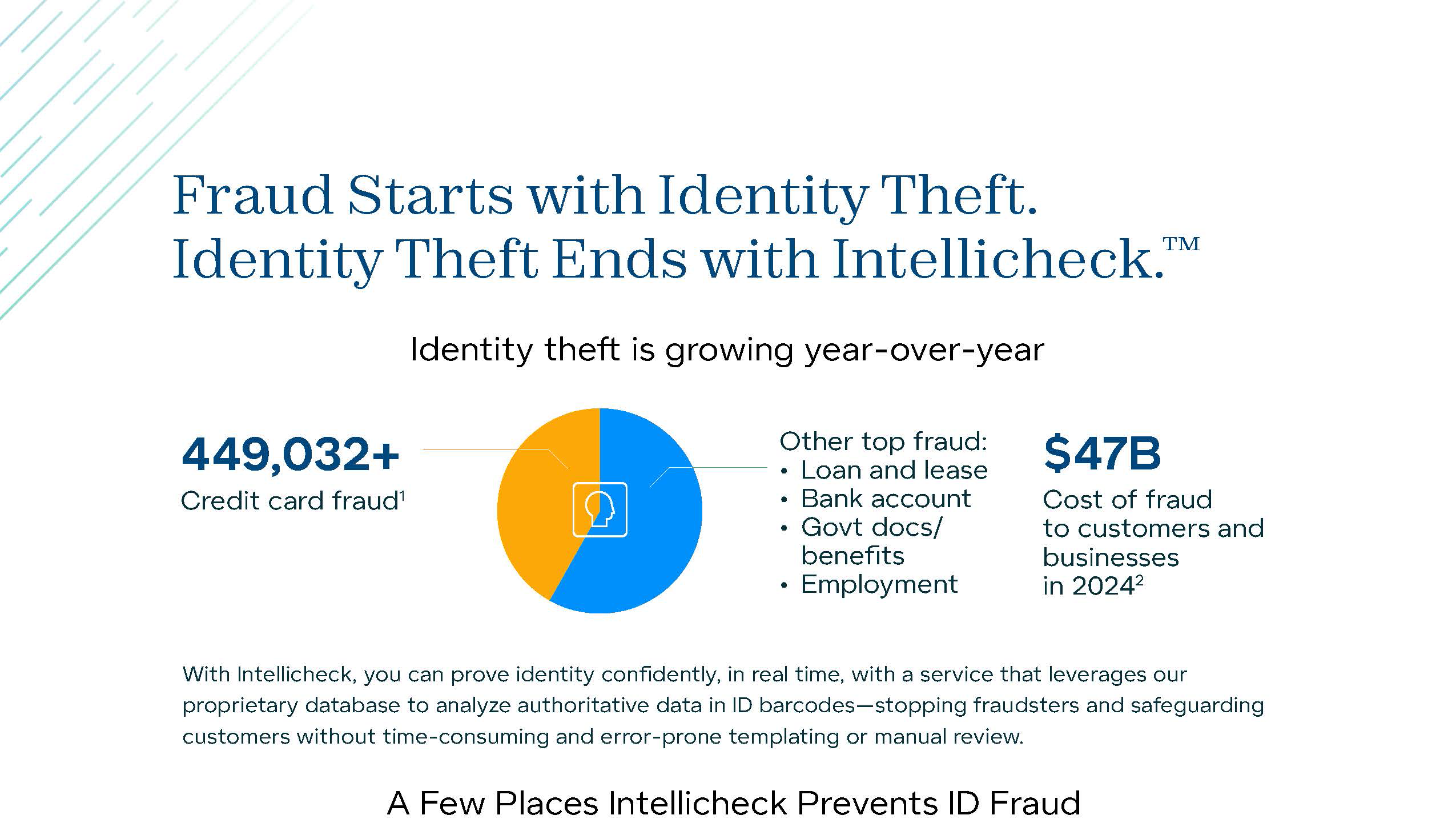
Advances in technology often signal risks as fraudsters find ways to take advantage of new developments. Fraudsters navigate the many new avenues technology opens up for them just as readily as businesses and consumers do. In this way, greater profit potential and heightened efficiency obtained through tech adoption within your organization can be a double-edged sword.
Protecting your company from fraud as it adapts to technological shifts and emerging market trends comes down to keeping your security tooling as up-to-date as the rest of your IT infrastructure. Here are four payment systems and the risks that come with them.
1. Credit Cards
Credit cards are widely accepted around the world and are used in 41% of all transactions. They can be used to process payments both online and in person. Credit cards, typically give consumers access fixed line of credit they can repay, in most cases, over time. This payment method is fairly flexible as well, with built-in support for recurring payments, refunds, rewards, and more.
Risk
Unfortunately, accepting credit card payments from your customers, especially when their cards are not physically present, can open the door to fraudulent charges or chargebacks which see an increase of 20% each year with 86% of them due to friendly-fraud. Stolen credit card data is readily available and without the card holder’s ID (e.g. drivers license) it is difficult to ensure that the person presenting the credit card is the one that owns the card. In excess, these fraudulent chargebacks can get a business on the MATCH list, where they will be blocked from processing transactions entirely.
2. Bank Debits
Bank debits are often in the form of a debit card and allow customers to pull funds directly from their bank account, as needed. In the US, these take the form of automated clearing house or “ACH” debits.
Risk
This payment option allows fraudsters to directly access their victims’ accounts. Debit cards, like credit cards, use a transaction network which is restricted to card numbers, names and codes (visible on the cards) for verification. As is the case with a credit card, the card issuer cannot always tell if a transaction is fraudulent (typically they look at transaction data not identity data to make a fraud determination), and it is up to the cardholder to find and dispute the charge.
3. Buy Now, Pay Later
Buy now, pay later solutions allow consumers to make purchases with running lines of credit they can pay back in fixed installments. Companies such as Paypal and Afterpay provide such services, with the former offering the same rates for merchants as their other payment processing services. Consumers report being 64% more likely to purchase from businesses offering this payment option.
Risk
A fraudsters approach will be to take over a legitimate users and use it for their own purposes, or, through a fake identity, create their own account. Using a fake ID, stolen information (including stolen login credentials) or a synthetic ID (created from multiple identities) are typical ways that a fraudster starts. From there, they might try to get away with a large transaction or smaller ones that slip through un-noticed by consumer and business. However, in all cases, the key is identity.
4. Better Security
Fraudsters are always looking for an advantage. As more business takes place online, businesses feel that they are caught between user experience and security. Better user experience means more customers and more loyal customers. Better security means stronger ways to weed out fraudsters. Some believe, though, that more security means worse experience and fewer customers. But, that is not necessarily the case.
IDs are a great way to understand who you are working with. However, many believe that effectively validating an ID takes a long time.
Intellicheck will validate the ID and the person presenting it with 99% accuracy – versus the industry average of 60% or less. Intellicheck’s high accuracy means that you can start out a relationship knowing that you can trust the person you are working with. We offer a variety of solutions that you can turn on and use, to API-based solutions that can tightly integrate with your systems and experience. We work with 5 out of the top financial institutions and credit card issuers as well as thousands of other businesses. Intellicheck is the best first step. Contact us to see how we can help you.
Access this Resource
Related resources

Blog
Protect your healthcare facility from identity fraud. Learn how advanced ID verification prevents imposters from obtaining medical jobs and ensures patient safety. Secure hiring starts here.

Blog
Protect your healthcare facility from identity fraud. Learn how advanced ID verification prevents imposters from obtaining medical jobs and ensures patient safety. Secure hiring starts here.



%20copy.webp)


.png)

